‘The Other Americans’ is a Riveting Examination of Assimilation
John Leguizamo and Luna Lauren Velez lead a family on the verge of a nervous breakdown in Arena's "The Other Americans."

Forest Hills is alive with the sounds of salsa, disco, and ’70s soul inside the Castro household, ground zero for the devastating domestic events of John Leguizamo’s new drama The Other Americans.
One of seven world premieres marking Arena Stage’s 2024-25 season, The Other Americans arrives in a powerhouse production directed by award-winning actor-director Ruben Santiago-Hudson, and led by Leguizamo as proudly Colombian-American laundromat owner and family man Nelson Castro.
Nelson holds court in his expansive home in affluent, mostly white Forest Hills, Queens, having moved his family from what he calls “ghetto-ass” Jackson Heights. A scrappy business owner with a small empire of ‘mats all over the borough, he might say he’s living the American dream, but we’re here to witness him waking up to very harsh reality.
Leguizamo’s play also aims for a dream, of the Great American Drama, angling to add the Castro’s to theater’s roster of families — à la the Loman’s, the Younger’s, or the Tyrone’s — whose trials and traumas profoundly reflect aspects of the American condition.
The emphasis here is on the Latino American condition circa 1998, though the play’s sharp examination of assimilation and upward mobility, or social climbing, reflects roiling tensions that transcend generations and ethnicities. With tweaks to language, food, and cultural references, The Other Americans could be about a Queens family whose forebears immigrated from almost anywhere outside of Europe.
Director Santiago-Hudson distills the play’s ambition and insight into a taut two-act tragedy that still provides virtuoso comedian Leguizamo plenty of opportunities to keep the audience laughing. Although it’s co-star Luna Lauren Velez’s performance as Patti Castro, Nelson’s level-headed wife, that exerts the gravity drawing the audience into the family’s weighty concerns.
Velez registers as especially attuned to how Patti relates to the characters around her, from life partner Nelson, to their adult daughter Toni (Rebecca Jimenez), Toni’s maybe-fiancé Eddie (Bradley James Tejeda), and the Castros’ beloved son Nicky (Trey Santiago-Hudson). Patti dotes on Nicky with instantly recognizable obliviousness to how much her fawning agitates him.
The occasion of Nick’s homecoming after nearly a year spent in a hospital psych ward, following a largely unspecified incident, is what gathers the whole family — including Nelson’s sister Norma (Rosa Arredondo) and pregnant family friend Veronica (Sarah Nina Hayon) — at the Castro home. The day starts off with Patti burning her sofrito, a sure sign that something will be amiss.
The cast rarely misses volleying the fast-paced ensemble banter of the first act, establishing long-held intra-family arguments and alliances, while Nelson tries to set a festive mood playing his favorite records on the stereo. Hence, he and Patti busting a move to disco and old-school R&B, and reminiscing about nights out dancing the Latin hustle, leading to Leguizamo and Velez’s audience-pleasing spins around Arnulfo Maldonado’s vast living room set.
Relying a bit too heavily on “Remember when…” as a conversation starter and on-ramp to exposition, the play churns through family history while leaving intriguing pockets of the present day unexplored, like successful sis Norma. Thanks to Arredondo’s coolly restrained turn, and astute choices by costume designer Kara Harmon, we get who Norma is, though we don’t know much about her life.
Most vitally, we learn that she and Nelson inherited the same number of laundromats, and she’s built on that foundation, while Nelson has struggled. His desperation to maintain his upward trajectory, or just his status quo, even using this occasion to press Norma for a loan, compounds his obliviousness to troubles brewing in his house. And Nicky might be only one source of the disturbance.
A college student who’s still coddled like a kid by his mom, and pressured constantly by his dad to join him in running their ‘mats, Nicky doesn’t exactly know who he is. Santiago-Hudson (the son of the director) doesn’t exactly project assurance in the role, though he does ace a scene of Nicky describing the experience of being drugged up throughout his months in the hospital.
His rapport with Velez and Leguizamo pays dividends throughout, with thoughtful direction seizing small moments to cement the relationships. In the different ways that Patti and Nelson each hug Nicky upon his arrival, for example, gestures reveal much that isn’t spoken.
The two leads’ rapport is rock solid, as exemplified in a scene of Nelson and Patti, in bed, having a heart-to-heart that lays bare the financial troubles facing the business. What he or they will do to stay afloat could have repercussions that change their family’s lives forever.
Nelson laments that, “Everybody gets to fail up but us.” But how far would he compromise to avoid failure, to hold onto his ‘mats and his home in Forest Hills, where no amount of success was able to shield his son from elitist bigots?
Ultimately, the answer rings bitterly true, although, unfortunately, the production’s climactic set piece is marred by design and staging that buries the actors behind pieces of furniture, detracting from the potency of the moment, if not the show’s powerful portrayal of an American family.
The Other Americans (★★★★☆) runs through Nov. 24 at Arena Stage, 1101 6th St. SW. Tickets are $59 to $99. Call 202-488-3300, or visit www.arenastage.org.
Support Metro Weekly’s Journalism
These are challenging times for news organizations. And yet it’s crucial we stay active and provide vital resources and information to both our local readers and the world. So won’t you please take a moment and consider supporting Metro Weekly with a membership? For as little as $5 a month, you can help ensure Metro Weekly magazine and MetroWeekly.com remain free, viable resources as we provide the best, most diverse, culturally-resonant LGBTQ coverage in both the D.C. region and around the world. Memberships come with exclusive perks and discounts, your own personal digital delivery of each week’s magazine (and an archive), access to our Member's Lounge when it launches this fall, and exclusive members-only items like Metro Weekly Membership Mugs and Tote Bags! Check out all our membership levels here and please join us today!




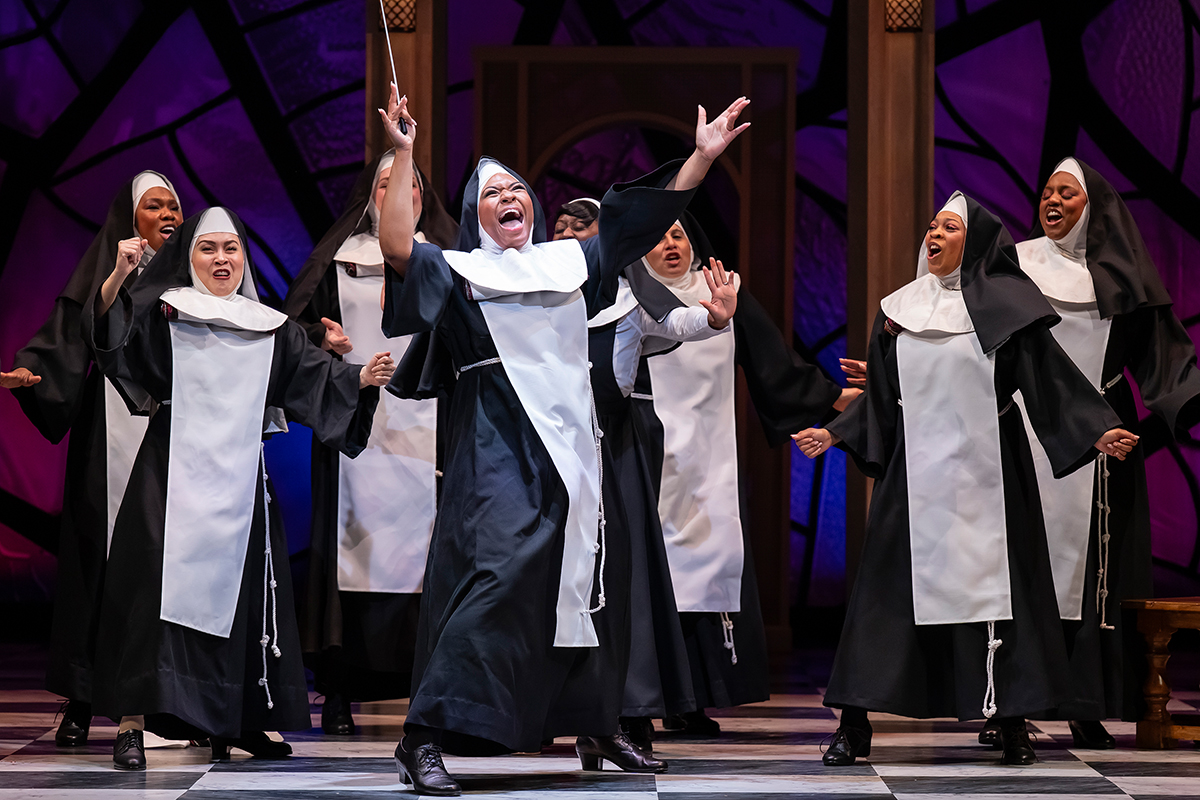
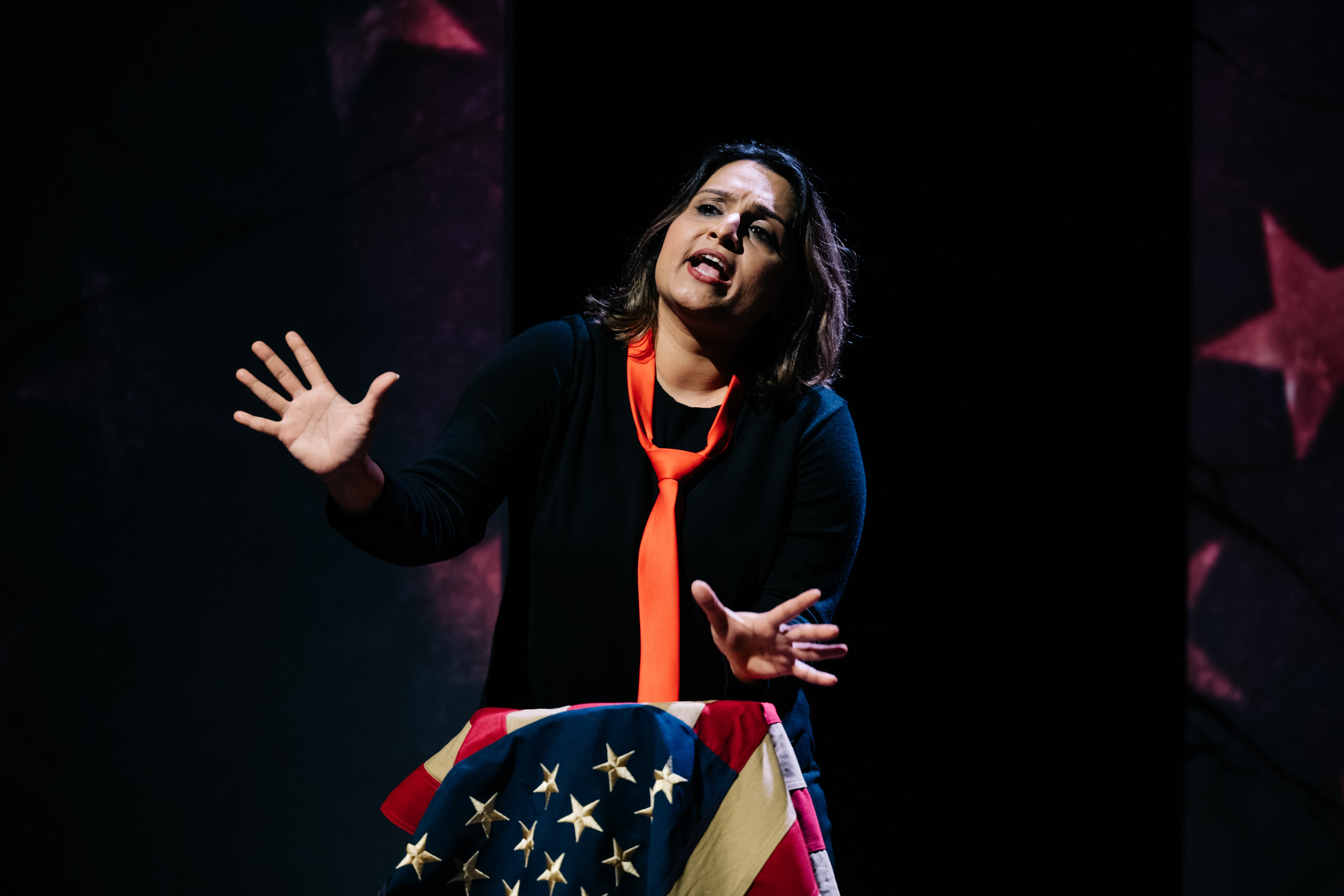
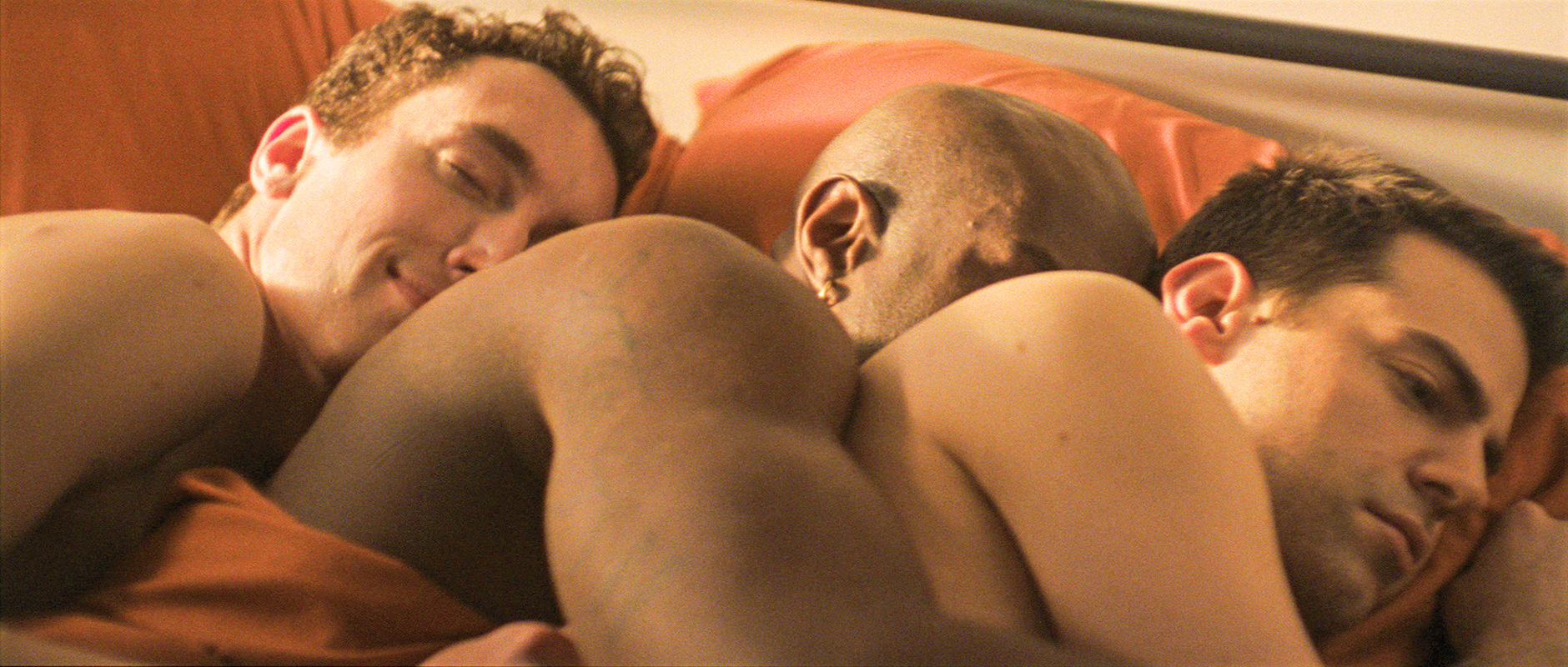















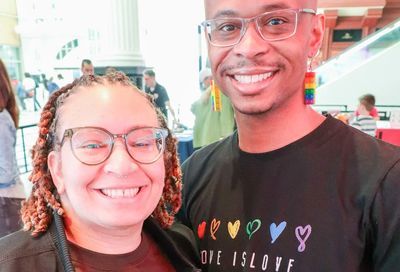
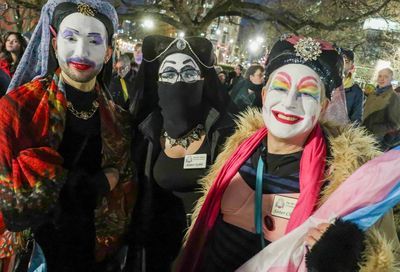
You must be logged in to post a comment.